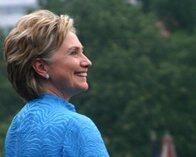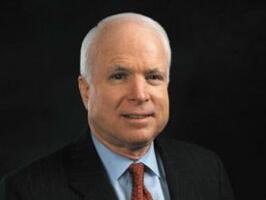Early Perceptions of Obama, Clinton, McCain Show Obama Winning Best Reviews
National polling for the seven days ending February 17 shows that Barack Obama is viewed favorably by 55% of American voters. John McCain is viewed favorably by 51% and Hillary Clinton by 45%.


